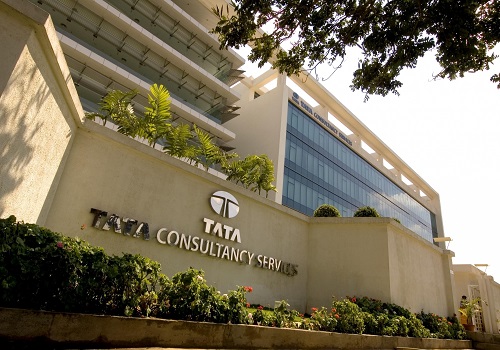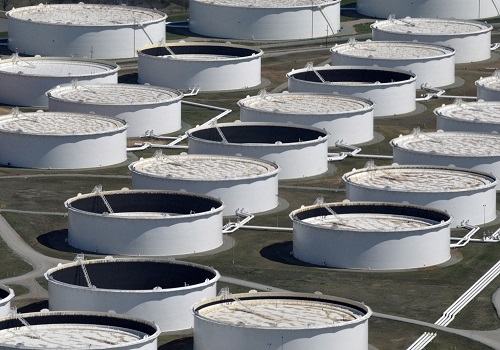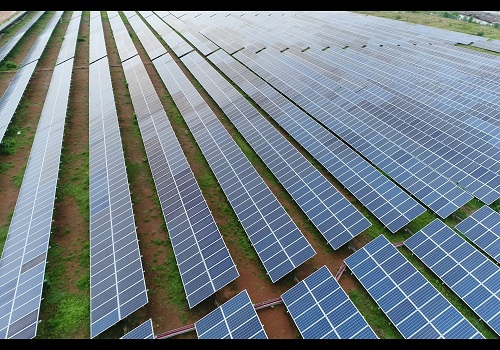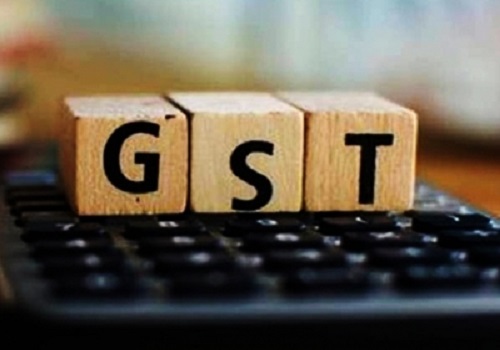India aims for 30% of all vehicle sales to be electric by 2030: Care Edge Ratings
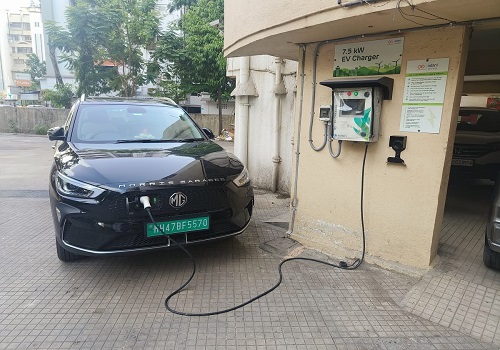
An analysis by Care Edge Ratings has said that the demand for vehicles powered by traditional fuels is progressively shifting towards those that utilise alternative fuels. The share of petrol vehicle sales, as a percentage of total vehicle sales, has recorded a significant decline, decreasing from 86 percent in 2020 to 76 percent in 2023 while for diesel vehicles it has slightly decreased from 12 percent in 2020 to 11 percent in 2023.
It stated the sales volume of alternative fuel-driven vehicles recorded a growth of more than 400% in Calendar Year (CY) 2023 as compared to CY2020, though on a much smaller base. At present, EVs offer the lowest lifetime cost, followed by CNG. Demand for EVs is booming, driven by government incentives, reducing battery costs, and rising fuel costs, especially petrol and diesel. India aims for 30 percent of all vehicle sales to be electric by 2030.
To encourage the growth of charging stations, the Indian government has launched several schemes to incentivize the development of alternative fuel infrastructure, such as subsidies and grants. While EVs have a higher upfront cost, their lower fuel and maintenance expenses, coupled with government incentives, make them relatively more cost-competitive compared with petrol and diesel vehicles in the long run, especially for high-mileage drivers.
The recent announcement of enhanced allocation of FAME-II by Rs 1,500 crore is a positive step towards encouraging EV adoption in India. The enhanced allocation and strategic focus of FAME-II are expected to accelerate EV adoption in India by March 2024 to encourage potential buyers to take advantage before it exhausts. Arti Roy, Associate Director, CareEdge Ratings said ‘Overall, the Indian automobile market is at a crossroads, with EVs and CNG emerging as strong contenders to challenge the traditional dominance of petrol and diesel fuel-driven vehicles. The future will depend on factors like government policies, technological advancements, and consumer preferences.’






